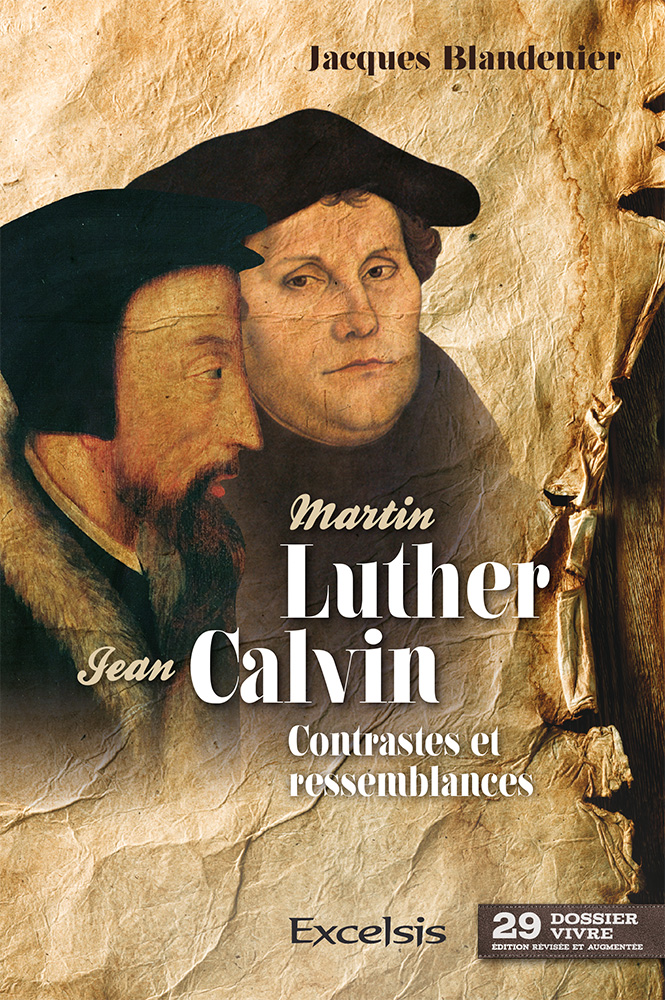
Martin Luther et Jean Calvin Contrastes et ressemblances Excelsis
The first thing we should take into account is that Calvin was a lot younger than Luther, 26 years to be precise. When Luther put his nails into the church door, little John was a tender eight years old. Luther belonged to the first generation of the Protestant Reformation whereas Calvin was a second generation Reformer.

Histoire Réforme 6 Luther 1520 de Luther Un Héraut dans le net
During the Protestant Reformation, Calvin expanded upon the ideas of Martin Luther and developed a comprehensive theological system that became a key defining aspect of Protestantism. Calvinism emphasized the sovereignty of God and the doctrine of predestination, which held that God had chosen certain individuals for salvation before the foundation of the world.
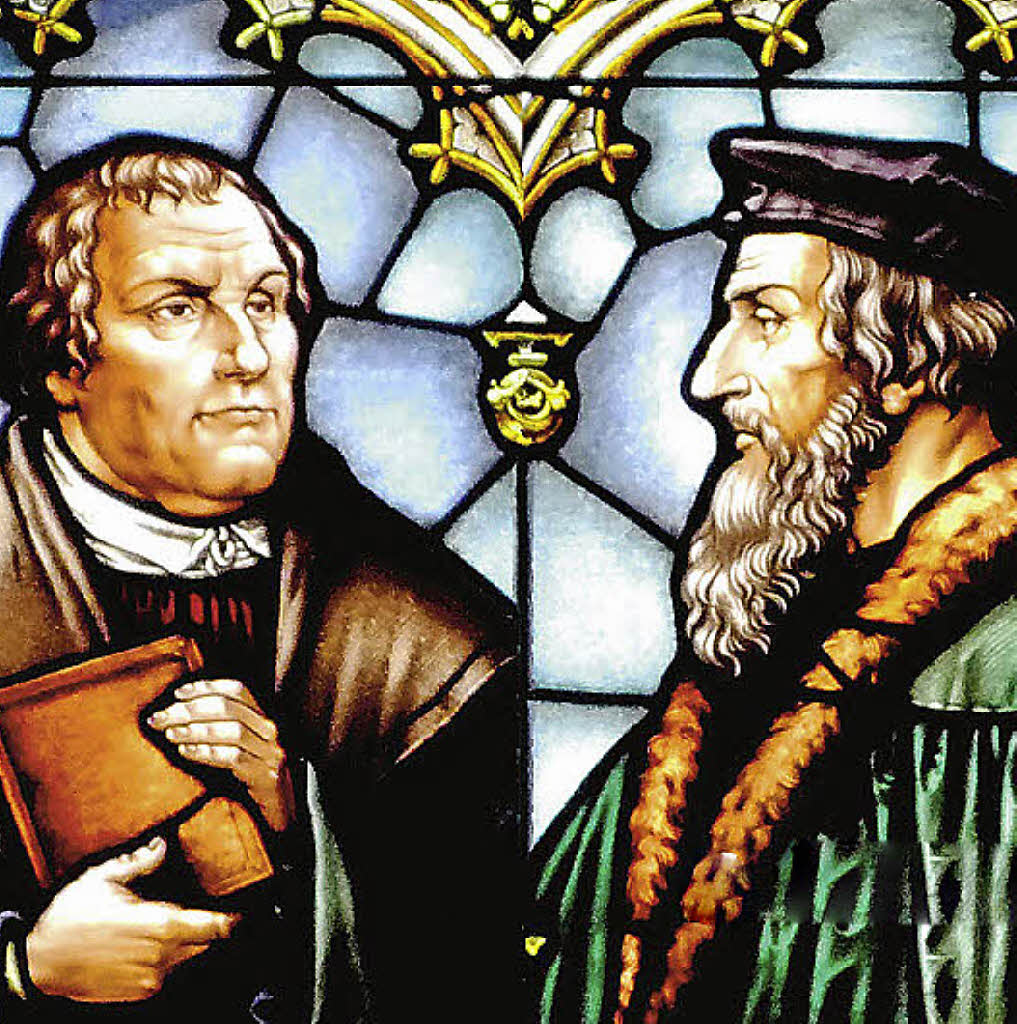
CALVIN BUT NOT LUTHER? Reformed Malaya
The result, says Calvin, was that both parties became more concerned with defending their own positions than seeking "good ground" on which they might arrive at the truth together. Instead, "Luther failed on his side, and Zwingli and Oecolompadius on theirs.". Luther reacted with his "accustomed vehemence"; the other side showed.
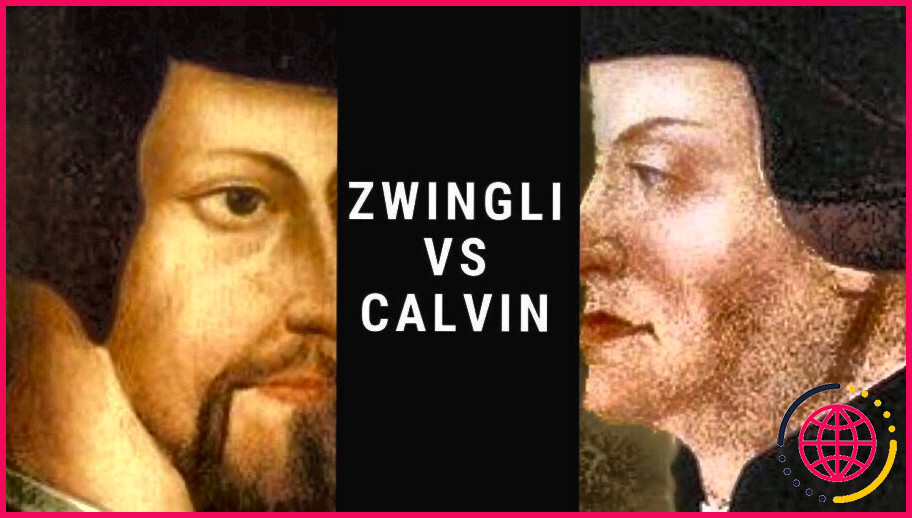
Quelles étaient les similitudes et les différences fondamentales entre les idées de luther et de
Abstract. This collection offers a fresh assessment of John Calvin and the tradition of Calvinism as it evolved from the sixteenth century to today. The essays are written by scholars who present the latest research on a pluriform religious movement that became a global faith. The volume focuses on key aspects of Calvin's thought and its.

Luthériens et Calvinistes, quelles différences ?
John Calvin (l. 1509-1564) was a French Reformer, pastor, and theologian considered among the greatest of the Protestant Reformation along with Martin Luther (l. 1483-1546) and Huldrych Zwingli (l. 1484-1531). Calvin synthesized the differing views of Protestant sects with his own in his Institutes of the Christian Religion, regarded as one of.

Calvin et Luther. Accords et differences; (SIGNIERTES EXEMPLAR) by Boyer, Charles Gut
This is particularly true of the church itself, which for Luther is just as subject to the paradoxical dualities of simul justus et peccator as is the justified believer. In its hidden identity before God, the church is the "spiritual kingdom," invisible as such to men, but taking visible form in the dynamic preaching of the Gospel and.
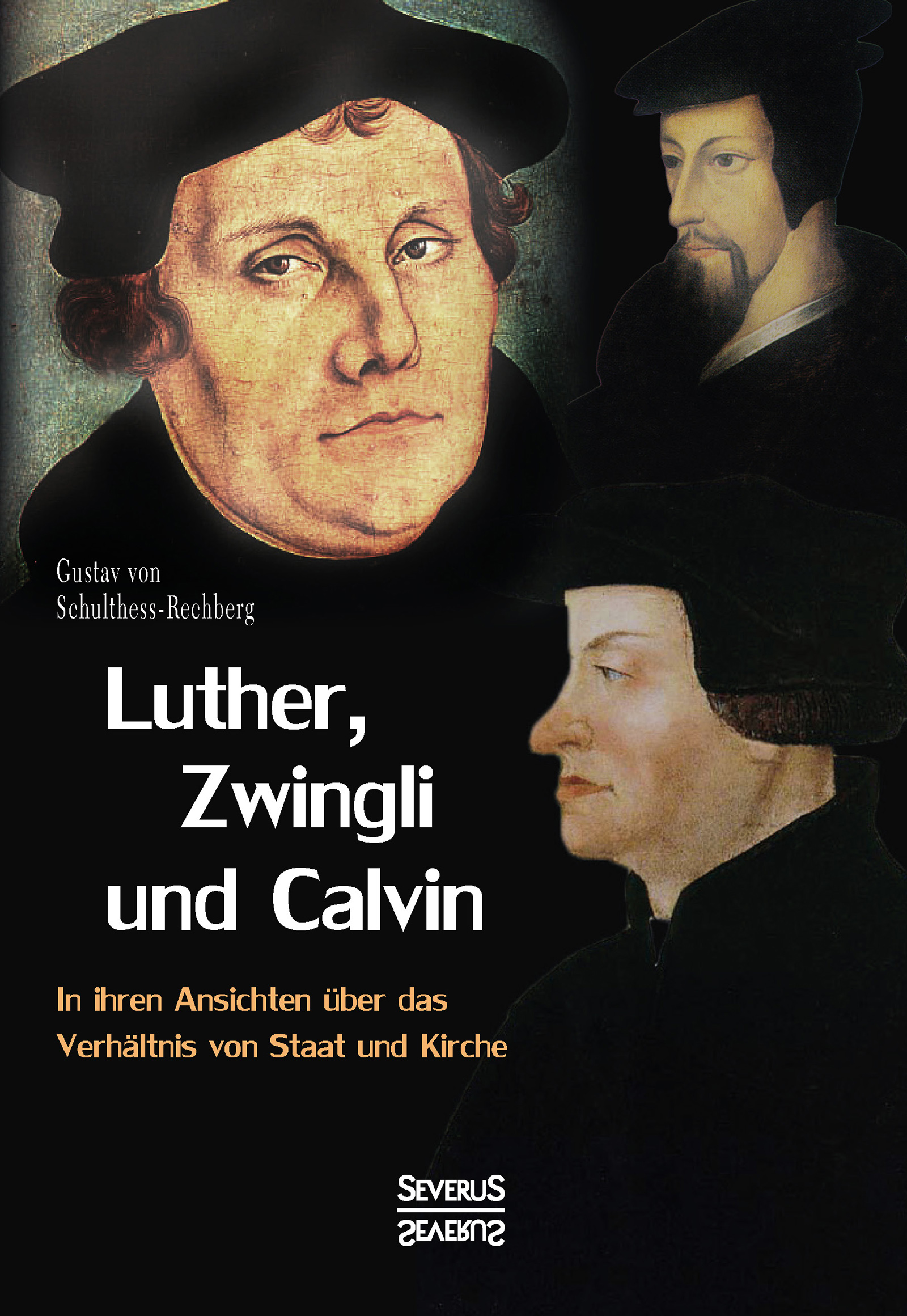
Luther, Zwingli und Calvin // Biographien // Diplomica Verlag
Bruce GordonBruce GordonYale University. Published online: 29 March 2017. Summary. It has long been recognized that John Calvin admired Martin Luther and that the Frenchman's theology at various moments approached the teaching of Wittenberg. This relationship, however, was always mediated, particularly through the work of Philip Melanchthon.
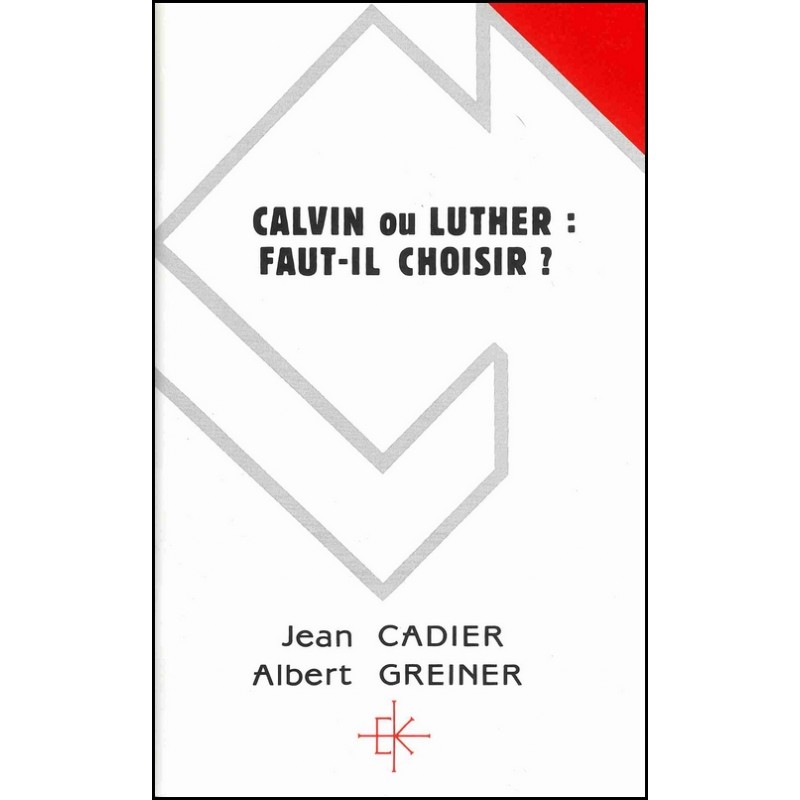
Calvin ou Luther fautil choisir ? Jean Cadier et Albert Greiner
Martin Luther. Katharina Von Bora. In 1529 Luther met with the Swiss reformer Ulrich Zwingli at Marburg, in order to attempt an agreement on theological matters and thus unify Protestant theology. Of the fifteen points presented, all were agreed bar one: the doctrine of the presence of Christ in the Eucharist.
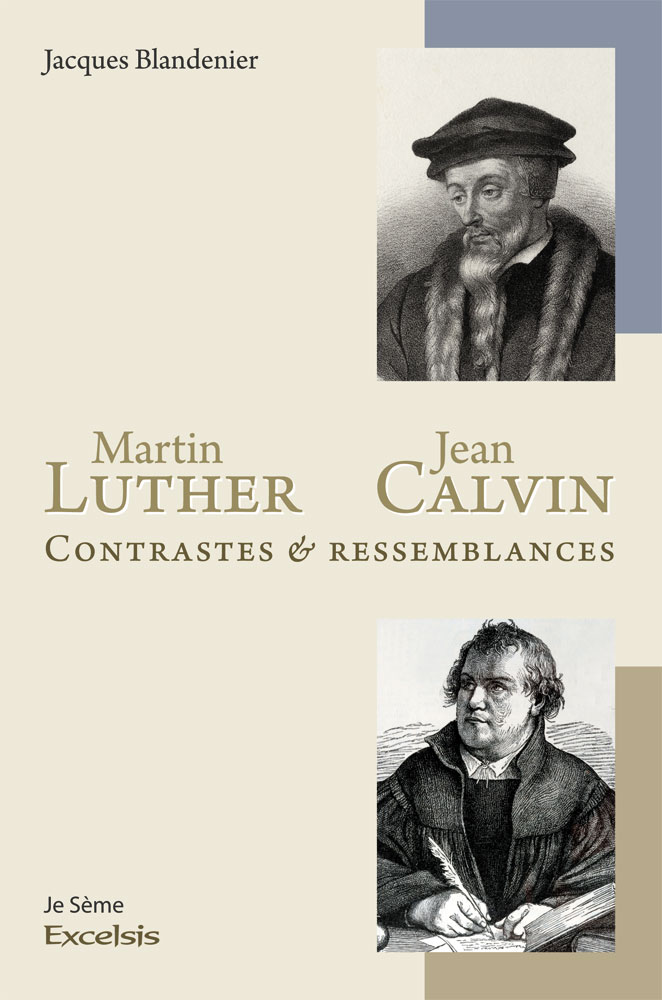
Martin Luther et Jean Calvin Contrastes et ressemblances
Kerr, Luther's Theology, p. xiii: "In a comparison of the writings of Luther and Calvin on the great doctrinal questions what strikes one with greater force than their disagreements is the amazing similarity of the two, even to the point of detail in many instances. For example, so far as the authors themselves are concerned, there would seem to be little reason for distinguishing between.
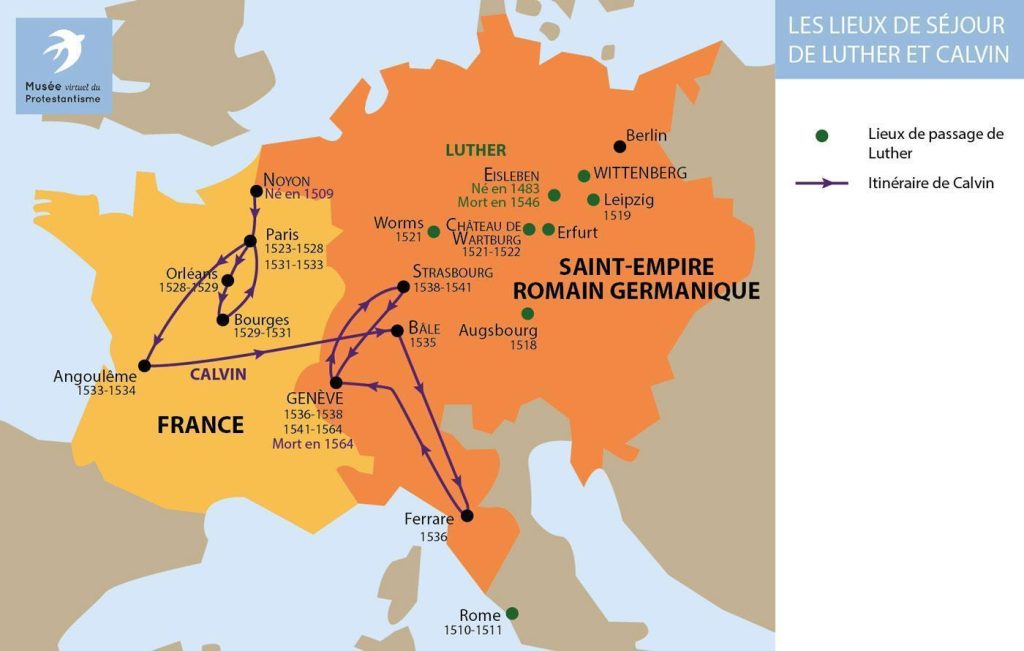
Jean Calvin (15091564) Musée protestant
Martin Luther and John Calvin: As Different as Can Be Portrait of John Calvin, Unknown author, 1550, via Wikimedia Commons Luther was a plump, pleasant man with a sense of humor, and although he suffered from depression, he was a friendly company. He liked good beer and food and enjoyed the world's pleasures with reason and without doubts.
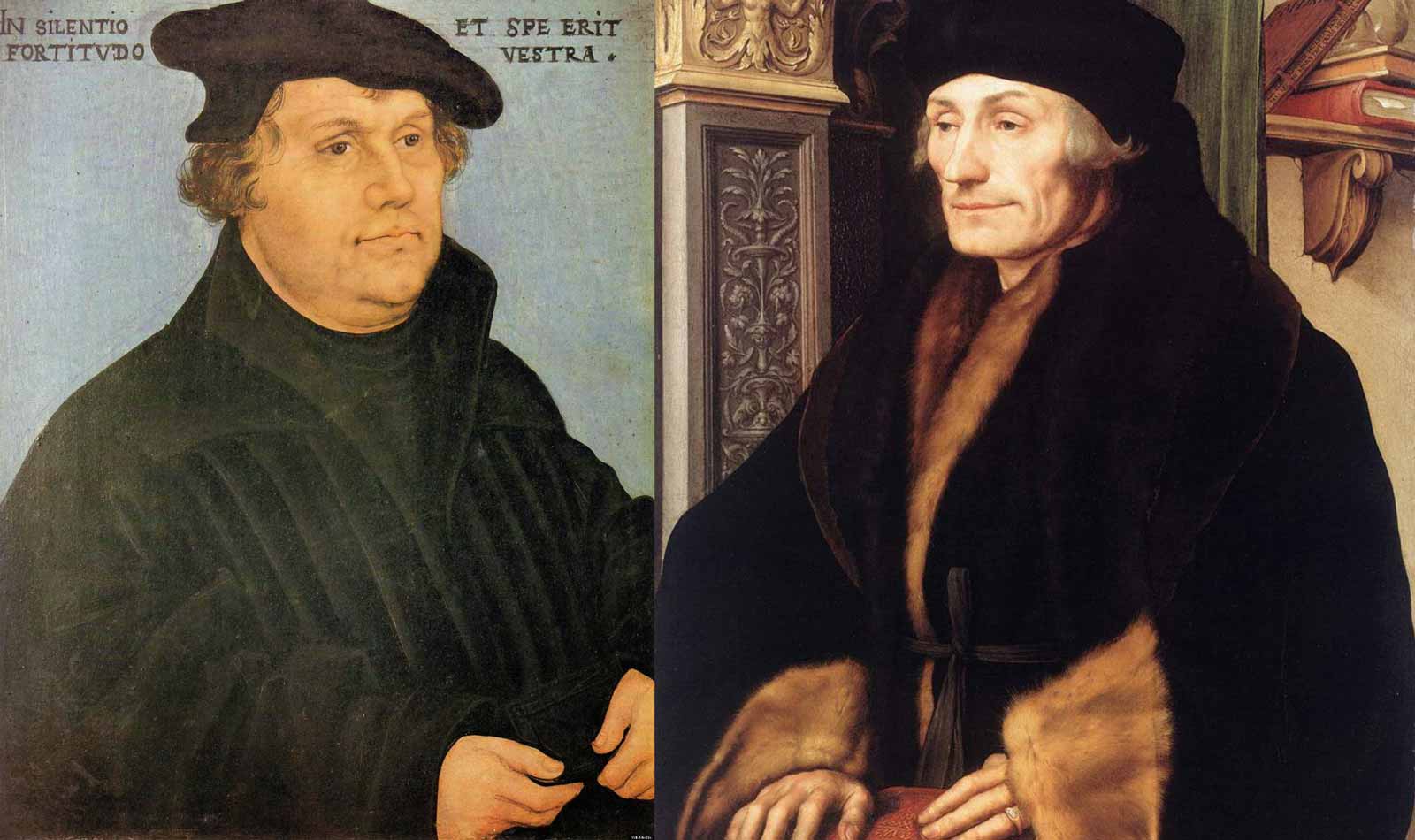
Diplomatizzando Erasmo vs Lutero, o humanista contra o intolerante Michael Massing (NYRB)
In general, Calvin and Luther were mostly in agreement in their reform efforts. Both saw scripture, rather than hierarchy (i.e., bishops in general, and the pope in particular), as the fundamental.
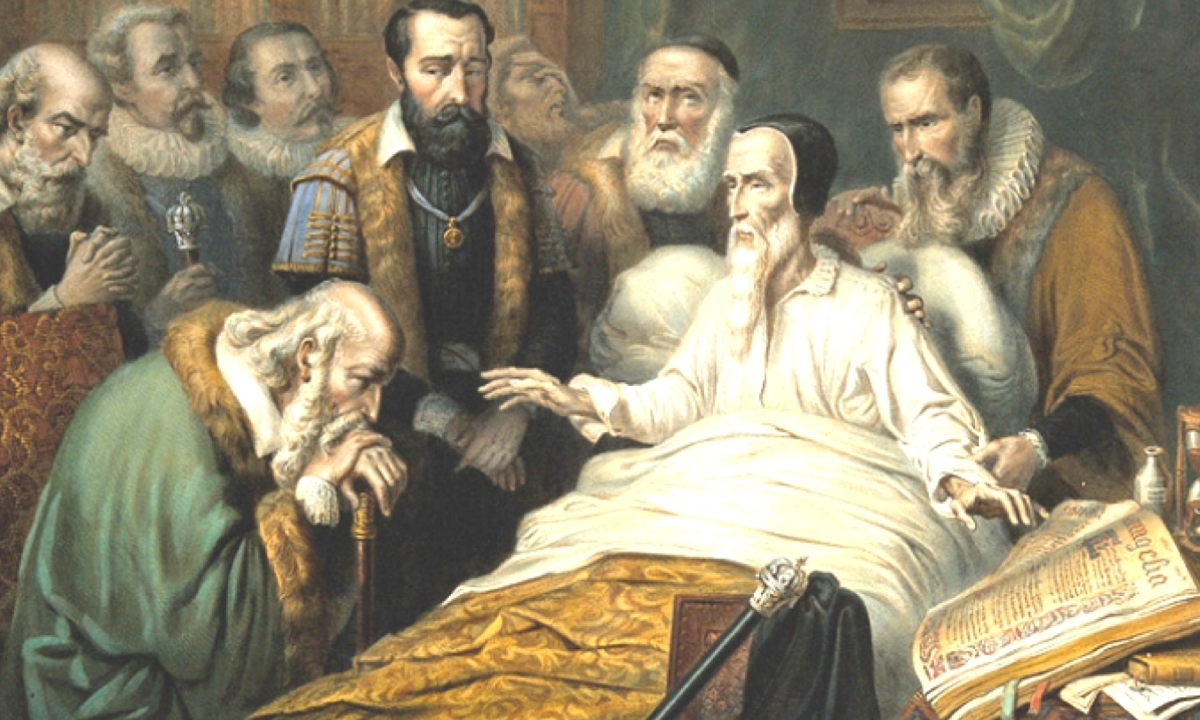
Histoire Réforme 21 Jean Calvin de 1553 à 1564 Le triomphe de Calvin et son héritage Un
Calvin affirmed the presence of the living Christ in the sacrament of the Lord's Supper by the action of the Holy Spirit, but disagreed with Luther's view because he felt it "localized" Christ to the elements. Calvin believed that Christ was "truly and efficaciously" present in the Lord's Supper, but in a spiritual sense, and through the.
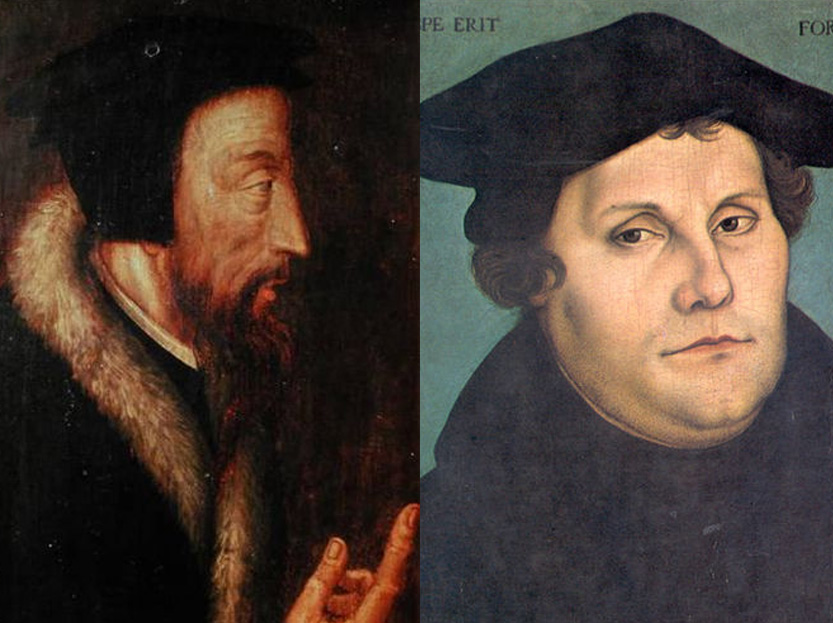
Martin Luther and John Calvin / Historical Association
Calvin taught that when it comes to the Lord's Supper, Christ is present. Calvin understood this as a very real presence, in fact the realest there could be. But, according to Calvin, He is not present as we Lutherans confess: "in, with, and under the bread and wine of the Lord's Supper.".

"Luther and Calvin" Religious Stained Glass Window
Luther had a bit of a sharper division between the two. That was a very crucial issue, as you can imagine, coming out of Christendom and the Holy Roman Empire. That was a crucial difference. Another difference impacted the liturgy in the worship of the church, and that was regarding music. Calvin, of course, was what we call "psalmody," and.

Reforma Protestante As 10 diferenças entre Martinho Lutero e João Calvino
Martin Luther et Jean Calvin: Contr astes et ressemblances (Charols: Excelsis, 2016). 87. Comparison Martin Luther John Calvin. 17. Augsburg Confession A rmed original Subscribed to an altered .

Quelle différence entre Luther et Calvin ? Vidéos Campus protestant
to both Calvin and Luther, but that neither of them elevated these themes to the highest point of. praedestinatio et invenitur, non alibi, quia scriptum est: Hunc audite. Der Vater ist zu hoch.